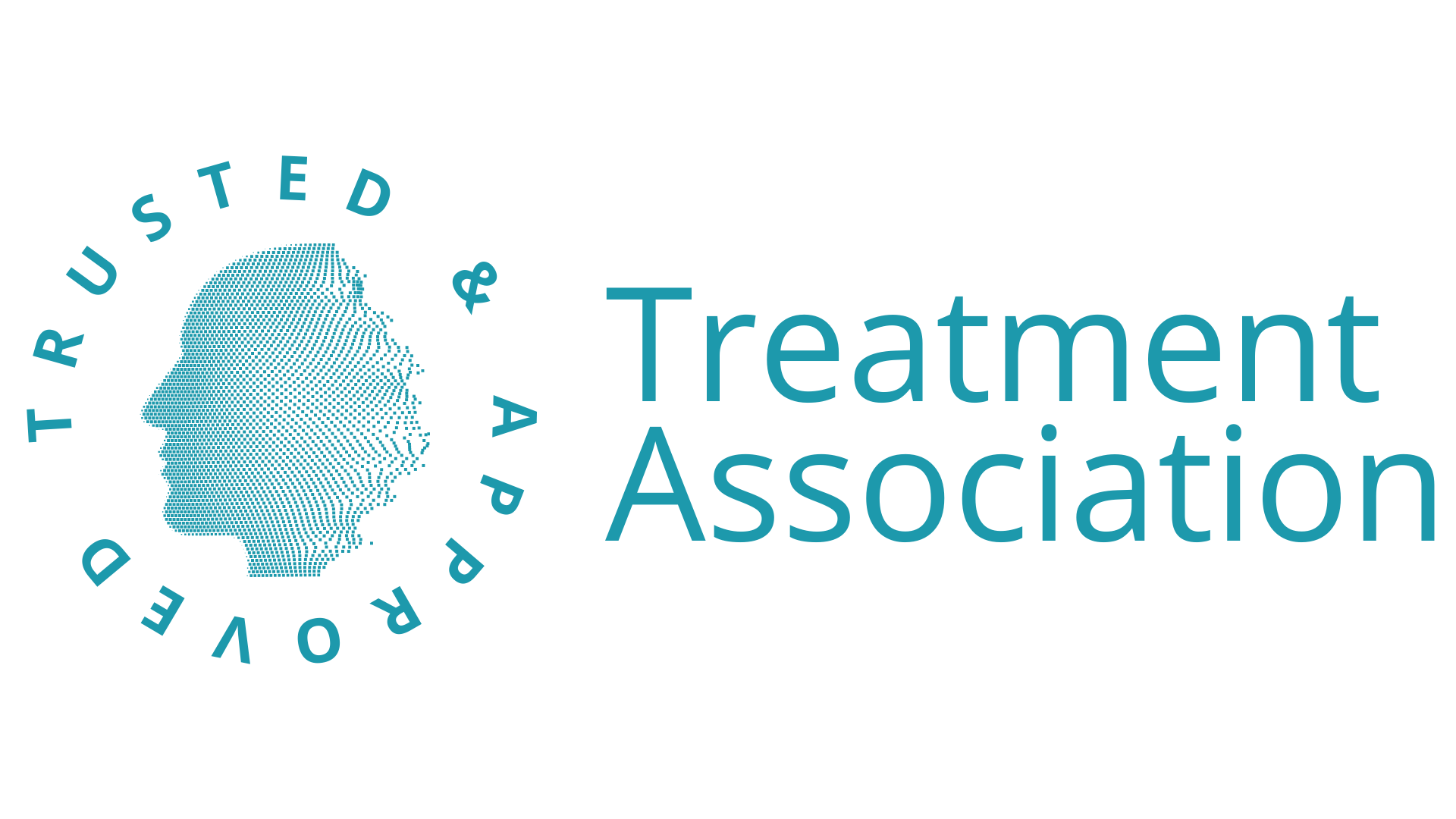Addiction is a chronic disease that affects millions of people worldwide. It is a complex condition that requires a comprehensive approach to treatment. Over the years, addiction treatment has evolved significantly, with new and innovative approaches being developed to address the unique needs of individuals struggling with addiction. In this blog post, we will discuss the latest advances in addiction treatment, including the current state of addiction treatment, the latest research on addiction and its impact on treatment approaches, and the benefits and challenges of various treatment modalities.
The Current State of Addiction Treatment
The current state of addiction treatment has come a long way since the early days of Alcoholics Anonymous (AA). Today, there are various treatment modalities available that can be customized to meet the individual needs of each person struggling with addiction. While abstinence remains a key goal of addiction treatment, the focus has shifted towards achieving long-term recovery, with an emphasis on improving quality of life and overall wellness.
One of the most significant developments in addiction treatment in recent years has been the integration of behavioral therapies and pharmacological treatments. Behavioral therapies such as cognitive-behavioral therapy (CBT), motivational interviewing (MI), and contingency management (CM) have been shown to be effective in helping individuals change their attitudes and behaviors towards drug and alcohol use. Pharmacological treatments such as methadone, buprenorphine, and naltrexone have been effective in reducing cravings and preventing relapse.
The Latest Research on Addiction and Its Impact on Treatment Approaches
Advances in addiction treatment are often driven by the latest research on addiction and its impact on treatment approaches. In recent years, researchers have made significant strides in understanding the underlying mechanisms of addiction and the factors that contribute to its development.
For example, research has shown that addiction is a chronic disease that affects the brain’s reward system. It is characterized by changes in the brain’s structure and function, which can lead to compulsive drug seeking and use. Addiction is also influenced by various factors, including genetics, environment, and stress.
This understanding of addiction has led to the development of new treatment approaches that target the brain’s reward system and other underlying mechanisms of addiction. For example, neurofeedback therapy is a promising approach that uses real-time feedback to help individuals learn to regulate their brain activity and reduce cravings.
The Advances in Pharmacological Treatments, Behavioral Therapies, and Integrated Approaches
Pharmacological treatments, behavioral therapies, and integrated approaches have all advanced significantly in recent years, providing more options for individuals seeking addiction treatment.
Pharmacological treatments for addiction have come a long way since the early days of methadone maintenance therapy. Today, there are several medications available that can help reduce cravings and prevent relapse. Buprenorphine, for example, is a partial opioid agonist that can be used to treat opioid addiction. It has been shown to be effective in reducing cravings and improving treatment outcomes.
Behavioral therapies have also advanced significantly in recent years, with new and innovative approaches being developed to help individuals overcome addiction. CBT, for example, is a widely used therapy that helps individuals identify and change negative thoughts and behaviors that contribute to addiction. MI is another approach that focuses on helping individuals develop the motivation and skills necessary to change their behaviors and achieve long-term recovery.
Integrated approaches to addiction treatment have also gained popularity in recent years. These approaches combine various treatment modalities to provide a comprehensive and holistic approach to addiction treatment. For example, medication-assisted treatment (MAT) combines pharmacological treatments with behavioral therapies to provide a comprehensive approach to treating opioid addiction.
The Benefits and Challenges of Various Treatment Modalities and How They Can be Combined for Optimal Outcomes
While pharmacological treatments, behavioral therapies, and integrated approaches have all shown promise in treating addiction, they each come with their own benefits and challenges.
Pharmacological treatments, for example, can be effective in reducing cravings and preventing relapse, but they may also come with side effects and the risk of developing a dependence on the medication. Behavioral therapies, on the other hand, can be effective in helping individuals change their attitudes and behaviors toward drug and alcohol use, but they may not be effective for everyone.
Integrated approaches to addiction treatment have emerged as promising approaches to addiction treatment. These approaches combine various treatment modalities to provide a comprehensive and holistic approach to addiction treatment. By combining pharmacological treatments with behavioral therapies, individuals can receive the benefits of both approaches while minimizing the potential drawbacks.
For example, MAT combines medications such as buprenorphine or methadone with behavioral therapies such as CBT or MI to provide a comprehensive approach to treating opioid addiction. By combining medication with therapy, individuals can reduce cravings, prevent relapse, and develop the skills necessary to achieve long-term recovery.
However, integrated approaches to addiction treatment also come with their own challenges. These approaches require a multidisciplinary team of healthcare professionals, including doctors, nurses, therapists, and counselors, to work together to provide coordinated care. This can be challenging, as it requires effective communication and collaboration among team members.
In addition, integrated approaches to addiction treatment may not be accessible to everyone due to the cost and availability of resources. Access to addiction treatment can be a significant barrier for many individuals struggling with addiction, particularly those from low-income communities or rural areas.
Despite these challenges, the benefits of integrated approaches to addiction treatment are clear. By combining various treatment modalities, individuals can receive personalized and comprehensive care that addresses their unique needs and promotes long-term recovery.
Conclusion
Addiction is a complex and chronic disease that requires a comprehensive approach to treatment. Over the years, addiction treatment has evolved significantly, with new and innovative approaches being developed to address the unique needs of individuals struggling with addiction. The latest advances in addiction treatment include the integration of pharmacological treatments and behavioral therapies, as well as the development of integrated approaches to addiction treatment.
While each treatment modality comes with its own benefits and challenges, integrated approaches to addiction treatment have emerged as promising approach to addiction treatment. By combining various treatment modalities, individuals can receive personalized and comprehensive care that addresses their unique needs and promotes long-term recovery. However, access to addiction treatment remains a significant barrier for many individuals, highlighting the need for continued research and advocacy to improve access to care for those struggling with addiction.
If you or a loved one is struggling with addiction, it is important to seek help as soon as possible. The latest advances in addiction treatment offer hope for those struggling with addiction, but access to care remains a significant barrier for many. Take action today by researching available treatment options in your area, speaking with a healthcare provider, or reaching out to a local support group. Remember, recovery is possible, and seeking help is the first step toward a healthier and happier life.






